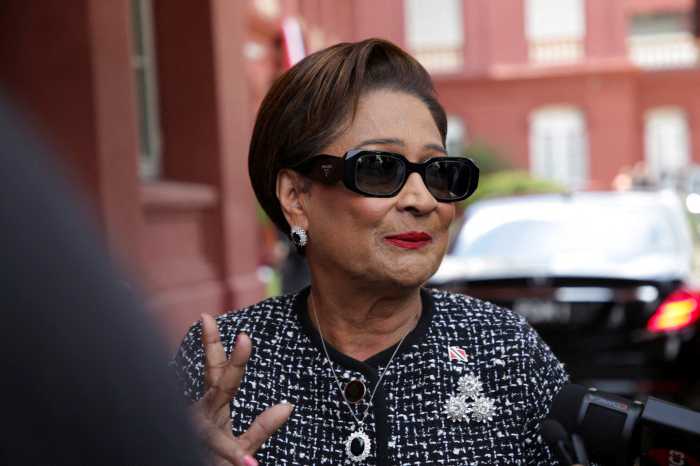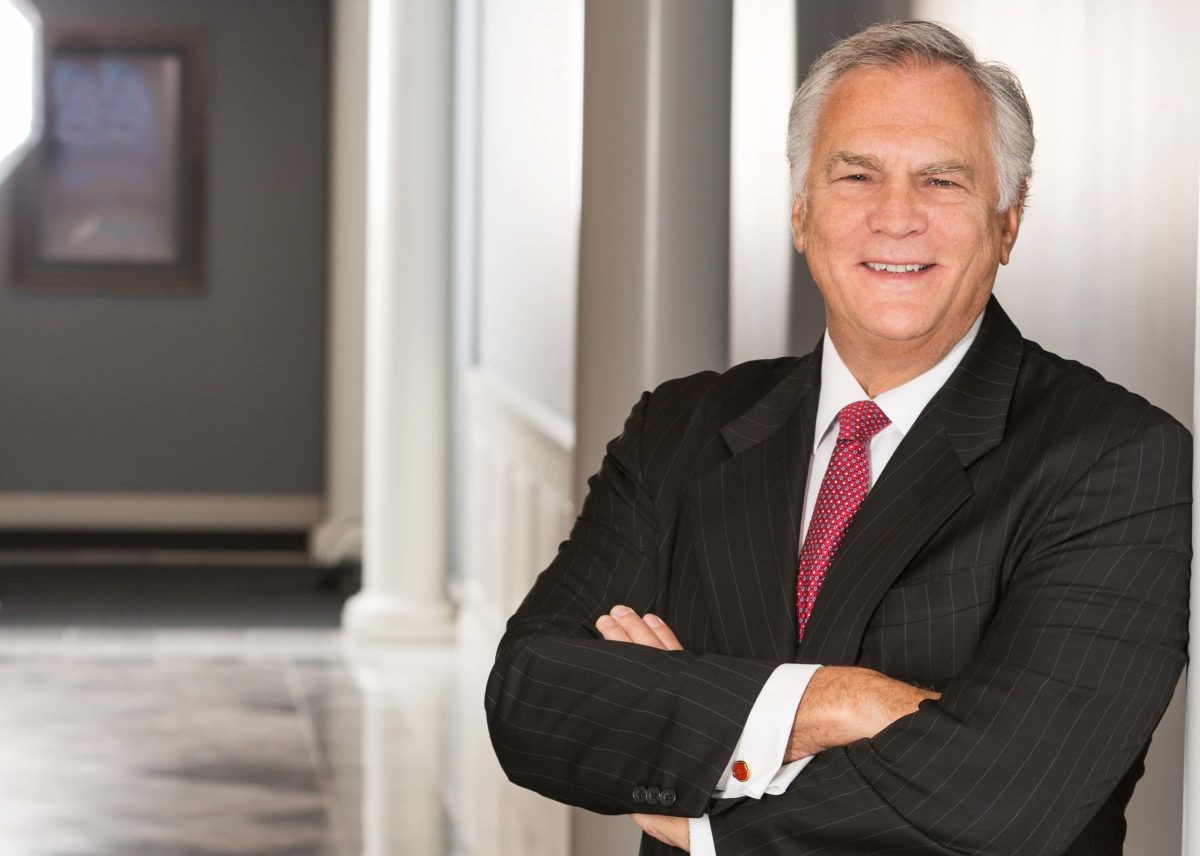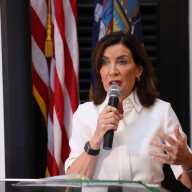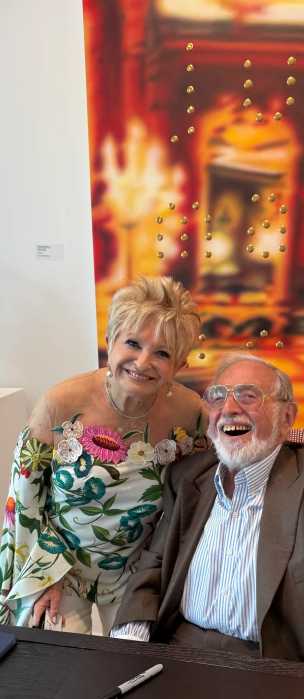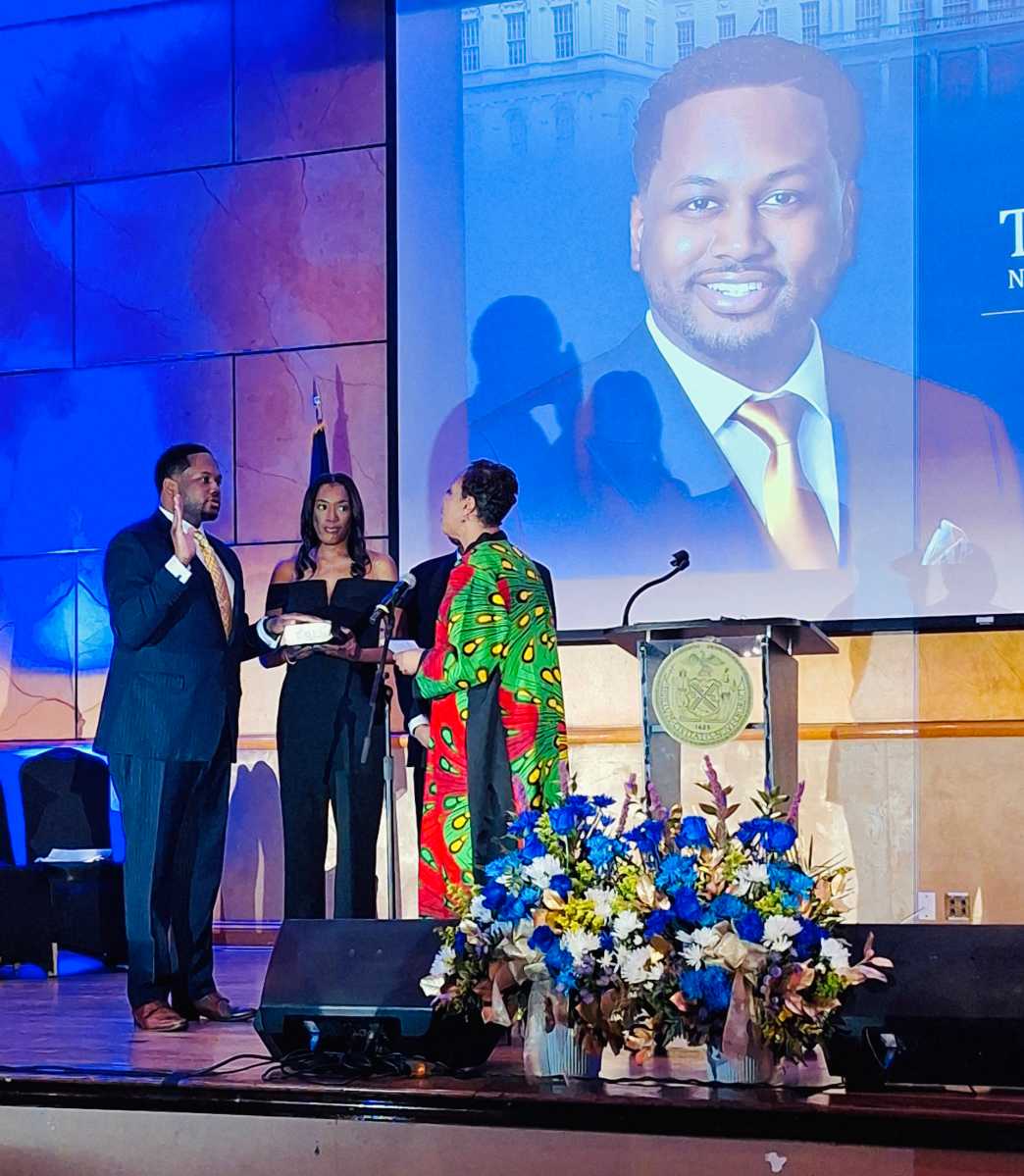Bermuda
Bermuda’s cruise ship sector is expected to generate record revenue, with the 2023 season forecast to bring in US$221 million, up from last year’s US$154 million. Minister of Transport, Wayne L. Furbert attributes this success to Bermuda’s resilience in bouncing back from the COVID-19 pandemic, which had barred cruise ships from entry. So far this year, Bermuda has received 539,127 cruise ship passengers, with an estimated revenue of US$168.7 million in passenger and crew spending, as well as various taxes and fees. The cumulative economic impact for the year is estimated at US$221.5 million dollars.
The authorities have encouraged smaller companies to make one-off visits in addition to regular mega-ship visitors and enticed liners during the off-season to bolster the number of cruise ship arrivals. While RCL and Norwegian are the primary drivers of cruise visits to Bermuda, other brands such as Carnival Cruise Lines, Disney Cruise Lines, Scenic Luxury Cruises, Silver Sea Cruises, Saga Cruises, Star Cruises and Azamara Cruises have also made port calls in Bermuda during intervals between visits of primary partners.
Changes in taxes have boosted cruise ship revenue in recent years; however, the cabin tax was phased out in 2019 and replaced with a visitor fee of US$16 per person designated to Bermuda Tourism Authority. Additionally, a transport infrastructure tax at a rate of US$25 was introduced while the passenger tax for ships berthing at Dockyard was elevated to US$25 per person. These changes have contributed to an upswing in both occasional callers and passenger spending while promoting Bermuda as a premier cruise destination throughout the year.
Bahamas
Bahamas Prime Minister Phillip Davis has urged the international community to take immediate action to address the impact of climate change. He highlighted the high levels of rain, extreme winds, widespread flooding, interrupted power supply and significant costs and lost revenue caused by tropical storms and depressions in his country.
Davis suggested that over the next six months, before the next hurricane season begins, they can use the time to strengthen their National Youth Guard, build more homes out of ground-breaking, carbon-negative, ocean-resistant concrete pioneered by a Bahamian company and raise more finance using their blue carbon credits backed by their extensive underwater fields of sea grasses.
He expressed concern about the delay in capitalizing on a fund for ‘loss and damage,’ which was pledged 13 years ago. He questioned whether the efforts at COP 28 were more to reduce noise pollution generated by advocacy rather than addressing carbon reduction and climate financing urgently needed. Davis noted that Pope Francis recently exhorted leaders to “demonstrate the nobility of politics and not its shame.” He highlighted that financing always seems immediately available for bullets and bombs while narrow economic interests continue to drive an increase in burning fossil fuels.
The prime minister emphasized that their plight was mostly invisible: slowly-warming seawater rising up through porous limestone islands, slowly dying coral no longer able to support slowly-dying fish. He warned that by the time their plight was made visible for all to see, it will be too late.
CARICOM
After preliminary discussions with the US State Department’s Office of Caribbean Firearms Prosecutions, CARICOM IMPACS (Implementation Agency for Crime and Security) will now focus more on prosecuting all involved in the illegal trafficking of guns as opposed to just seizures.
There are great concern over this by Caribbean governments, with most of the firearms being traced back to the US.
In June, US Vice President Kamala Harris announced that a new division was created within the Department of Justice (DOJ) Caribbean Firearms Prosecutions to assist in combating this.
Then during his July visit to T&T, US State Secretary Antony Blinken announced US prosecutor Michael Ben’Ary was appointed the division’s co-ordinator.
IMPACS’ Executive Director Michael Jones said the department was also expected to collaborate with CARICOM IMPACS. He added the partnership had been “a repeated call” by CARICOM and he was thankful it was achieved.
While the seizure of illegal firearms destined for the Caribbean was important, Jones said, “What success would look like, for us, would be to identify and successfully prosecute all of those persons (sic) (people) who are or were involved from the purchasing done abroad, facilitating the shipment along the way, to those receiving them in our respective home states.”
Guyana
The Guyana government recently said that it is strengthening bilateral relations with the United Arab Emirates (UAE) as the two countries have agreed to extend cooperation in various key fields of development. These developments include food security, energy, technology, capacity building, as well as cultural and social exchanges.
This statement came following a meeting between the Guyanese President Dr. Irfaan Ali and UAE President Sheikh Mohamed bin Zayed Al Nahyan when Ali attended the United Nations Climate Conference (COP28).
Both countries praised the prosperous economic and investment relations between the countries, where non-oil bilateral trade reached US$836 million in 2022, a 20 percent increase as compared to the previous year.
The statement added that the UAE has agreed to open an embassy in Guyana to reinforce their bilateral relations, which will serve their mutual interests and development goals
Haiti
The European Union (EU) is providing 18 million euros to finance the first phase of a program to improve the education sector in Haiti.
The EU’s Ambassador to Haiti, Stefano Gatto and Minister of the Economy, Michel Patrick Boisvert signed the agreement for the funding of the program titled “Education for living together.”
The authorities said that the main objectives of this program are to strengthen governance and management of the education system, improve access to inclusive education in areas affected by the earthquake, build school infrastructure to anti-seismic and climate standards and improve the quality offer of training consistent with the needs of the Haitian economy.
“This is an economic and social development program, which will affect more than 300,000 students,” said Minister of Education, Nesmy Manigat, who was present at the signing ceremony.
He said the program will reinforce initiatives to support the reconstruction of the education sector in the Southern peninsula, too frequently and heavily affected by earthquakes and tropical storms.
St. Vincent and the Grenadines
Several CARICOM heads visited St Vincent and the Grenadines recently, to join the country’s Prime Minister, Dr. Ralph Gonsalves, for the crucial discussion between the presidents of Guyana and Venezuela in the ongoing Essequibo matter.
The prime ministers of Barbados, Trinidad and Tobago, Grenada, Dominica, The Bahamas and St. Lucia attended the summit.
Other high-level attendees included Celso Amorim, of Brazil. He is a former foreign minister who will replace his President Lula Ignacio Da Silva. UN Secretary-General Antonio Guterres also sent two of his more senior diplomats to represent him. They included the Chef de Cabinet in his Executive Office, Earle Courtenay Rattray, a Jamaican, who was accompanied by a senior diplomat from the Department of Political and Peace-building Affairs.
Gonsalves used his membership in CARICOM and the Community of Latin American and Caribbean States (CELAC) to broker the meeting between his two friends, Guyana’s President Irfaan Ali and Venezuela’s President NicolásMaduro.
Maduro has announced several plans for the region he calls Guayana Esequiba and said he would address the matter with Ali directly. He has also said he will not recognize the offshore oil licenses granted to Exxon by Guyana.
In the past, he has said he welcomed dialogue on the matter but was openly contemptuous of Guyana’s outreach to the global community for assistance, claiming they were working with the United States to turn the disputed territory into a base for the United States Southern command.
— Compiled by Devika Ragoonanan




